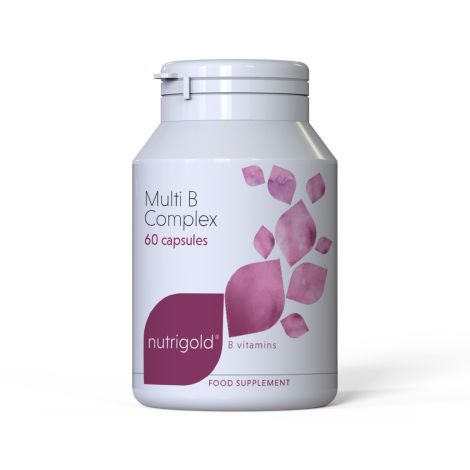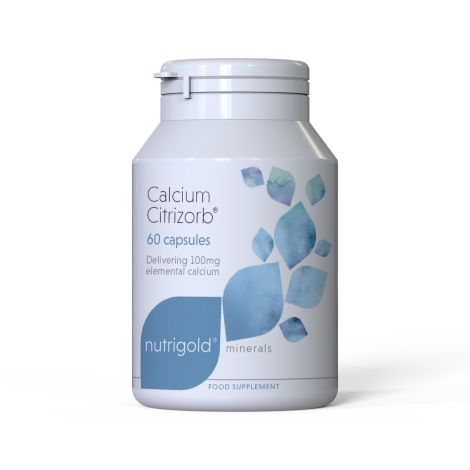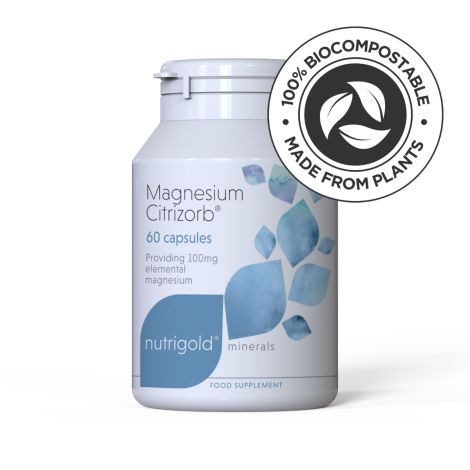
NutriGold is proud to support the Alzheimer’s is PREVENTABLE programme developed by the Food for the Brain Foundation
"Alzheimer’s is not an inevitable consequence of ageing, nor is it all ‘in the genes’. It is largely a preventable disease and we know quite a lot about what people need to do to help prevent it. Simple diet and lifestyle changes, made achievable in Food for the Brain’s COG-NITION programme, could cut the risk of developing this terrible and avoidable disease by at least a third." - Says Professor David Smith, Emeritus Professor of Pharmacology
Half of the risk for developing dementia and Alzheimer’s is preventable. Only 1 in 100 cases are caused by genes. Most of this risk relates to nutrition and lifestyle factors which we can change. Given that Alzheimer’s is not a reversible condition, the best hope is prevention and targeting those at risk, from age 50 or younger, and encouraging positive diet and lifestyle changes in the areas shown to impact cognitive function.
We offer, and are testing the effects of, an e-based educational strategy for supporting those positive diet and lifestyle changes to help deliver a viable model for effective action on Alzheimer’s dementia prevention which could be applied nationally and globally.

Food supplements recommended by the food for the brain project as listed below should be utilised in conjunction with your results from the free on line Cognitive Function Test.
Individuals with high levels of homocysteine in the blood have an increased risk for Alzheimer’s and other cerebrovascular diseases as well as cardiovascular risks.
Certain key nutrients such as Vitamin B6, Folic Acid and Vitamin B12 are vital for homocysteine metabolism and lower levels of these micronutrients have been associated with higher homocysteine levels.
Vitamin B12 is essential for healthy brain function, low levels are associated with a decline in memory and impaired cognition as well as higher blood levels of homocysteine.
Studies have shown that taking B vitamins can help slow down the rate of cognitive impairment which is a precursor to Alzheimer’s Disease development.
Oxidative stress may play a role in the development of cognitive decline and eventually Alzheimer’s Disease and therefore supplementing with antioxidants may help lower the risk. Carotenoids and other antioxidants in the diet are important for lowering these risk factors as well as additional supplementation. Oxidative stress can result in the accumulation of neurotoxic proteins such as amyloid-β, which are understood to induce oxidative stress (and inflammation). Research studies reveal that a combinatory antioxidant approach may be helpful.
Reduced levels of omega-3 fatty acids are associated with increased risk for age-related cognitive declines such as Alzheimer’s Disease. Astaxanthin is a powerful carotenoid with antioxidant and anti-inflammatory activity which has been shown to be neuroprotective and therefore may help reduce the risk of neurological diseases such as Alzheimer’s Disease.
Recent studies highlighted the beneficial effect of omega-3 fatty acids in Alzheimer's Disease which may be attributed to their antioxidant, anti-inflammatory, antiapoptotic and neurotrophic properties.
Proving a source of Phosphatidyl Choline a phospholipid that may improve memory and support cognitive function. Using lecithin as a supplement may support healthy choline levels.
Magnesium plays an essential role in nerve transmission and neuromuscular conduction. It functions in a protective role against excessive excitation that can lead to neuronal cell death (excitotoxicity) and has been implicated in multiple neurological disorders.
Low serum Vitamin D concentrations are associated with Alzheimer’s disease, dementia and cognitive impairment.
Vitamin D increases the phagocytic clearance of amyloid plaques by stimulating macrophages and reduces amyloid-induced cytotoxicity and apoptosis in primary cortical neurons.
Nutrigold’s Phosphatidyl Serine contains phosphatidyl serine and phosphatidic acid, which are important structural and functional phospholipids found in human cell membranes. These special types of fats are also involved in chemical signalling within the cells. Phosphatidyl serine, along with other phospholipids, is an important structural and functional component of human cell membranes. These special types of fats are also involved in important cellular communication pathways.
Omega-3s are one of the most recognised nutrients and have been extensively studied for their cardiovascular, cognition and visual health benefits. It is considered an ‘essential’ fatty acid as our bodies cannot produce it, so it must come from our diet. Nutrigold’s Vegan Omega 3 is a sustainable plant based, vegan alternative source of omega 3’s which is not only pure and free from environmental contaminants it also helps to protect the oceans from overfishing.













